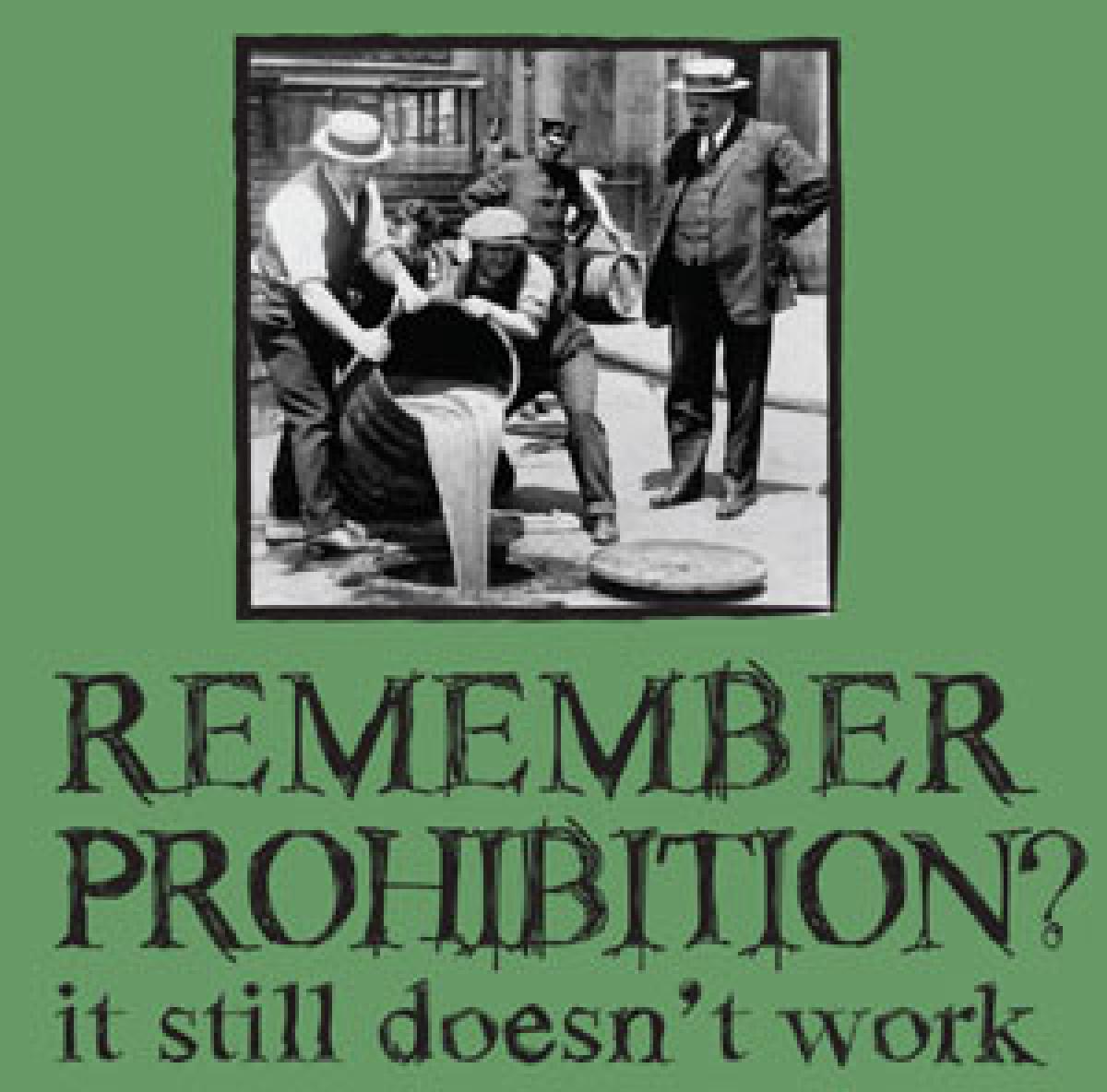Live
- Governor Jishnu Dev Attends 'World Meditation Day' Celebration at Gachibowli Stadium
- CM Revanth Reddy Pays Tribute to Freedom Fighter Gaddam Venkataswamy
- Market Outlook: US bond yields, dollar index, FII data key triggers for next week
- Remembering maths genius Ramanujan
- The Third Eye: Ensuring an efficient governance
- Service activities of Ambica Sishu Kendra hailed
- Help in comprehensive development of Nellore dist
- Death toll in Punjab building collapse rises to two
- Make Christmas celebrations merrier and healthier with California almonds
- A carrom ball that bowled everyone: PM writes to Ashwin on his retirement
Just In

As in the case of decriminalising homosexuality, the Supreme Court is a few steps behind perceptions and social reality in India in the matter of favouring official restrictions on the consumption of alcohol.
 As in the case of decriminalising homosexuality, the Supreme Court is a few steps behind perceptions and social reality in India in the matter of favouring official restrictions on the consumption of alcohol. In its judgment supporting the Kerala government's decision to confine drinking in public to bars in five-star hotels, the court has nevertheless said that the practice still carries a "social stigma".
As in the case of decriminalising homosexuality, the Supreme Court is a few steps behind perceptions and social reality in India in the matter of favouring official restrictions on the consumption of alcohol. In its judgment supporting the Kerala government's decision to confine drinking in public to bars in five-star hotels, the court has nevertheless said that the practice still carries a "social stigma".
It is doubtful, however, whether this observation is valid, for the taint is fast disappearing in middle and upper class homes where offering a drink to friends and visitors has become routine. Etiquette of this kind was far less common 50 to 60 years ago among the middle class -- though not the upper classes -- when there was an element of "stigma" associated with drinking.
To the elderly in those years, imbibers of alcohol were invariably the rich and decadent zamindar class or the dissolute individual. By allowing drinking only in five-star bars, which cater to the affluent, the Kerala government can be said to be recalling that half-a-century old stereotype of the rich, depraved tippler.
Even the five-star establishments might have been included by the judiciary in the ban on drinking but for the sake of tourism. But this perception, too, is incorrect because not all foreign tourists are rich, as a look at Delhi's Paharganj hotels will show. Indeed, a majority of the tourists comprises back-packers or belong to the middle class. This applies to domestic tourists as well.
By allowing, however, the purchase of drinks from retail outlets so that a consumer can drink at home, the government has revealed the half-baked nature of its prohibition policy.
From the time of Morarji Desai's attempts to impose prohibition in Bombay in the years immediately after independence, the negative aspects of such a policy - boot-legging and the appearance of crime syndicates - have been apparent. These ill-effects were also seen in America in the 1920s when prohibition spawned the Mafia.
Yet, if periodic attempts are still made by state governments to follow this flawed route, the reason has less to do with their professed moral concerns than a desire to pander to a section of voters - the women of mainly lower middle class and working class families, who have been victims of abusive alcoholic husbands.
However, the damaging fallout in the states which have experimented with prohibition - Haryana is a recent example - shows that the remedy can be worse than the disease because of the brewing of illicit liquor which can kill. Besides, the habitul can turn to other stimulants such as narcotics.
Nor are they bothered by the fact that a ban in one state cannot be implemented when there may well be a neighbouring state (or a country such as Nepal) where liquor is available. Anyone can drive or cycle across the border to buy a bottle and pay off the excise inspectors or policemen who question him.
What is more, drinking today is a part of the social scene all over the world as the phrase, cocktail circuit, indicates. If the term is sometimes used derisively, it is to mock the snobbish elitism of the drinkers and not their habit. Where even the conservative Bharatiya Janata Party (BJP) is showing ambivalence about its attitude towards beef, with Defence Minister Manohar Parrikar saying that it is a matter of "personal opinion", a ban on alcohol is difficult to justify.
If the issue nevertheless keeps coming up with the state governments hoping, as in Bihar, that the loss of Rs 4,000 crore of annual revenue, can be partly compensated by selling milk from the liquor vends, the explanation probably lies in the propensity among politicians to climb on to a high moral ground, presumably to hide their failure to provide potable drinking water, reliable health services and worthwhile education to the poor.
The handiest weapon for these poseurs is the constitution's directive principles which favour prohibition, among other things. It will be better, however, for politicians to focus on some of the other directives such as ensuring equal pay for equal work, protecting children and youth from exploitation, providing just and humane conditions of work and so on instead of on prohibition.
The solution to alcoholism lies in intense campaigning, as in the case of smoking, via the media and encouraging temperance movements. But the politicians evidently feel that such endeavours will not yield as much electoral dividend as will a visible clamping down on sale and consumption of alcohol even if, ultimately, the ban will have to be lifted as in Haryana, Andhra Pradesh and Tamil Nadu.
By Amulya Ganguli

© 2024 Hyderabad Media House Limited/The Hans India. All rights reserved. Powered by hocalwire.com







